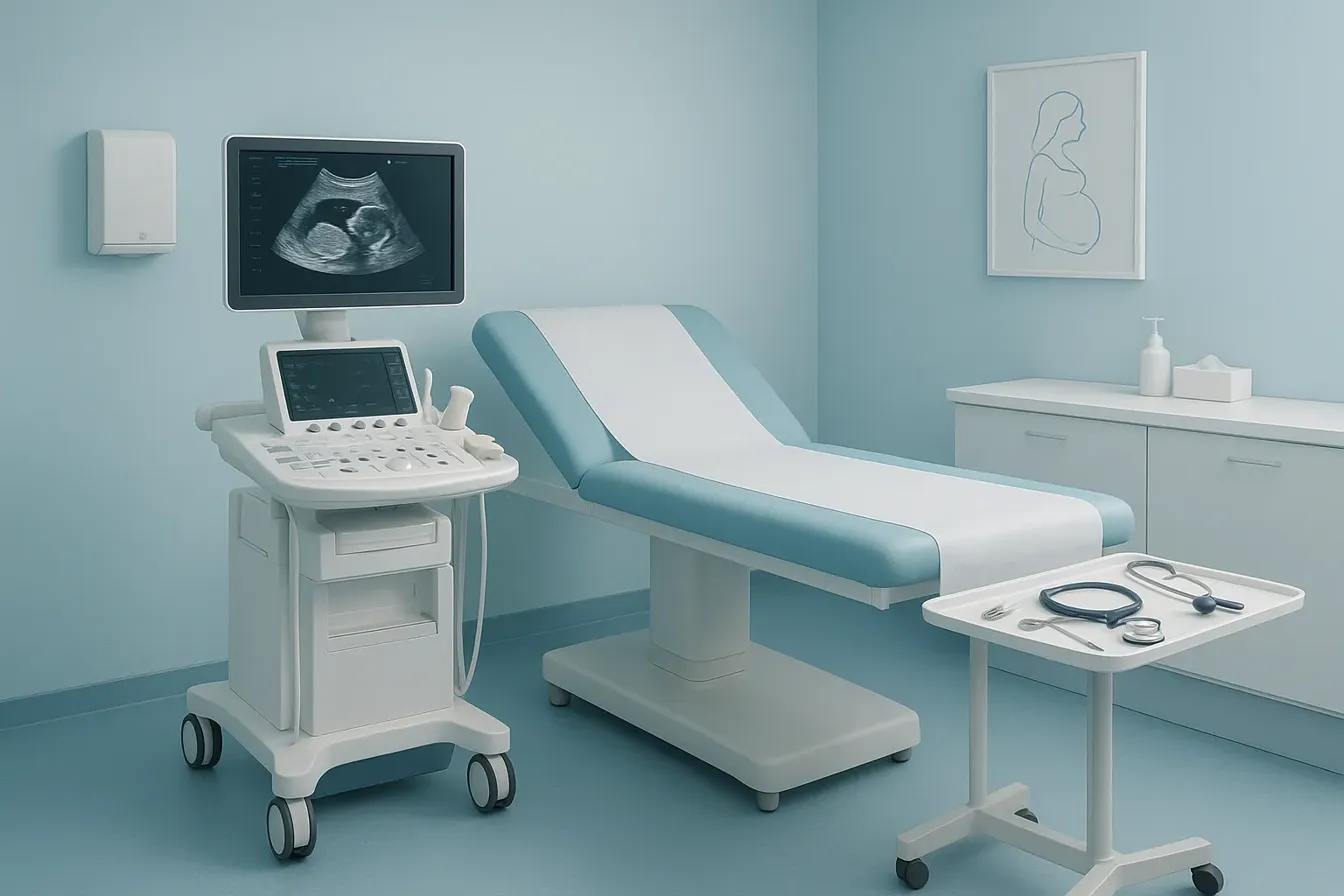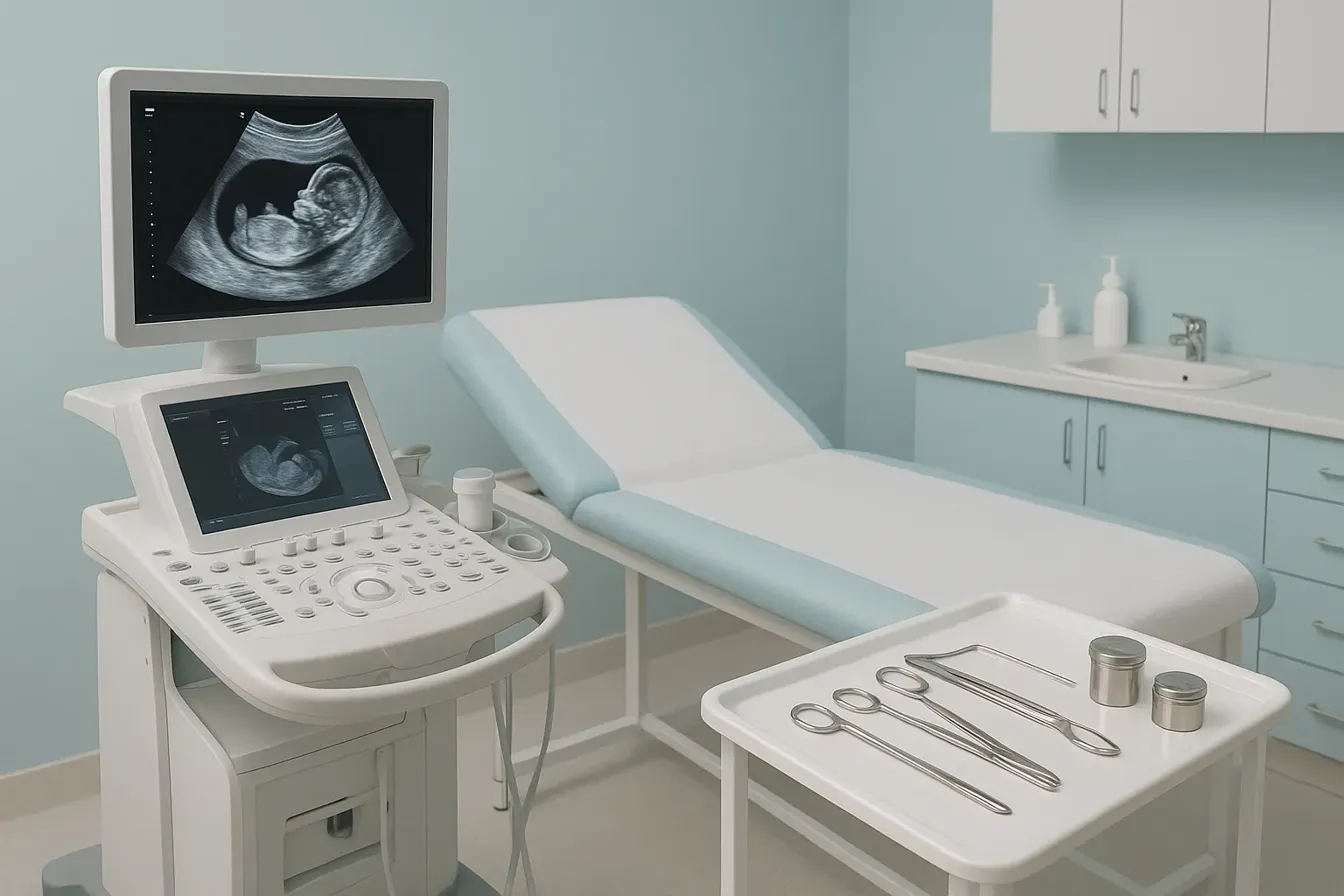Enhancing Pregnancy Outcomes Through Tailored and Respectful Prenatal Care

Preparing in advance for a cesarean section (C-section) can make the process go smoothly for you, your baby, and our team at Raveco Medical.
Our obstetricians offer comprehensive pregnancy support to guide you through all stages of your pregnancy and work closely with you on a labor and delivery plan that meets your needs. If you already know you’re going to have a C-section, there are things you can do to get yourself ready before the main event.
What to know about C-sections
C-section deliveries have been occurring since ancient times. One theory for how the term cesarean section came to pass surrounds the surgical birth of Julius Caesar. As a Roman leader, Caesar decreed a law that women who were dying due to childbirth must be cut open. The procedure then became referred to as a cesarean birth.
In more modern times, C-sections may be medically necessary if there’s a possibility of complications that affect the mom, her baby, or both. Circumstances that may require a C-section include:
- Breech baby
- Fetal congenital abnormalities
- Carrying twins or other multiples
- Underlying health conditions in the mother that can worsen with labor
Some women that have a history of C-sections with previous pregnancies may also choose to plan one for their next birth. Our Raveco Medical team also provides comprehensive care for women who wish to experience a vaginal birth after cesarean section (VBAC).
Unexpected complications that arise during a planned vaginal delivery may also necessitate an emergency C-section for some expectant moms. If you already have a plan in place for a C-section, our physicians can provide guidance to help you prepare for the procedure.
5 tips to prepare for a C-section
There can be a lot of anxiety about a C-section, especially for first-time parents. The more prepared you are, the more you can relax into the experience. Here are five tips our providers recommend to get you ready for your child’s birth:
- Ask your questions in advance
Ease your mind by preparing a list of questions you have for your doctor before your planned C-section.
Jot down your concerns about your recovery after surgery, the method the team uses for closing incisions, and how you can manage any pain while nursing your baby.
2. Follow recommended food restrictions
Ideally, you should restrict solid foods for at least eight hours before your planned C-section. The restriction can lower your risk of vomiting and other complications during your surgery.
You may also want to minimize how much liquid you drink. If you do feel thirsty, stick with clear liquids like water and sports drinks unless your doctor tells you otherwise.
3. Don’t shave your midsection
Many women feel self-conscious if they don’t shave before childbirth. However, shaving your pubic area or stomach just before a C-section can increase your risk for infection.
Even small razor nicks can allow bacteria in and delay the healing of your incisions, so avoid shaving for several days before your C-section.
4. Shower the night before
Taking a shower the night before your C-section helps you prepare your body for surgery. You should clean your entire body with fragrance-free soap and water.
After your shower, dry your skin with a clean towel. Do not apply any products to your skin, including lotions, deodorant, powders, or perfumes that night or the morning of your surgery.
5. Bring a bag of personal items
The chaos before childbirth can make it easy to forget even the most essential items. Try packing your hospital bag several days before your planned C-section.
Be sure to include your photo ID, a list of medications you currently take, personal hygiene items, and loose-fitting, comfortable clothing. Leave all valuables and unnecessary items at home where they are safest.
For more tips on preparing for a C-section, call our Raveco Medical office in Woodside or Forest Hills, New York, or schedule an appointment online today.





.png)